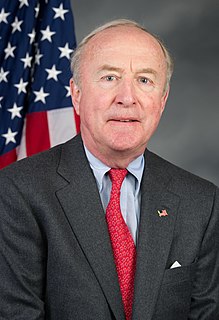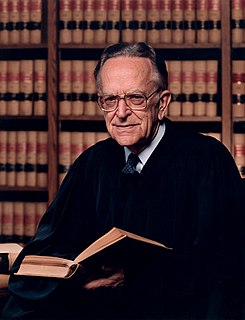A Quote by Bill Maher
This has been a learning experience for me. I also thought that privacy was something we were granted in the Constitution. I have learned from this when in fact the word privacy does not appear in the Constitution.
Related Quotes
Our founding fathers detested the idea of a democracy and labored long to prevent America becoming one. Once again - the word 'democracy' does not appear in the Declaration of Independence, the Constitution of the United States, or the constitution of any of the fifty states. Not once. Furthermore, take a look at State of the Union speeches. You won't find the 'D' word uttered once until the Wilson years.
What I do think is important is this idea of a 'privacy native' where you grow up in a world where the values of privacy are very different. So it's not that I'm against privacy but that the values around privacy are very different for me and for people who are younger than my parent's generation, for whom it's weird to live in a glass house.
[The Massachusetts constitution] resembles the federal Constitution of 1787 more closely than any of the other revolutionary state constitutions. It was also drawn up by a special convention, and it provided for popular ratification - practices that were followed by the drafters of the federal Constitution of 1787 and subsequent state constitution-makers.


































